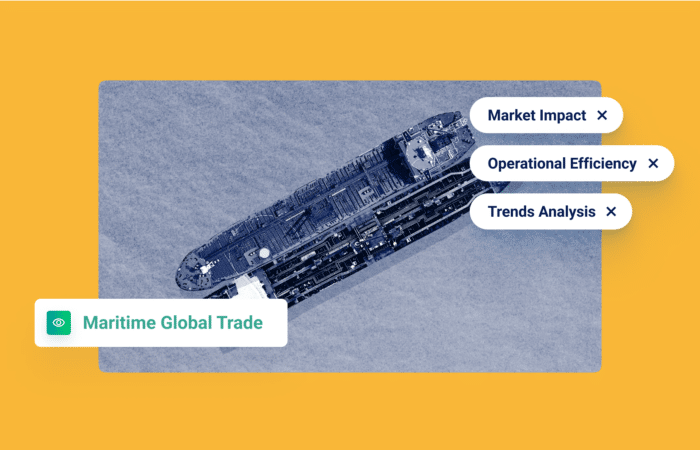What’s inside?
European countries have been walking a bit of a tightrope since Russia first invaded Ukraine. The European Union (EU) is staunchly against Russia’s belligerence, but also realizes that the world economy is dependent on the energy superpower’s exports. This was the logic behind the earlier oil and refined oil price caps.
Now, with EU member states trying to achieve a consensus on an 11th sanctions package during sessions that have stretched over several weeks and are aimed at closing loopholes, there are signs that some governments want to take a cautious approach.
A Bloomberg article republished in the American Journal of Transportation talked about ways in which some of the original proposal components have been “watered down”: “Plans to ban ships transporting prohibited goods from entering EU ports are likely to be partly dropped, while restrictions relating to ship-to-ship transfers and vessels that switch off their navigation systems will include a grace period of about 30 days, according to people familiar with the latest legal texts under discussion.”
POLITICO was told by an unnamed diplomat that the EU is unlikely to amend the current sanctions draft to permanently close natural gas pipelines shut off by Russia following the invasion.
“‘There is too much resistance from the countries dependent on the remaining gas,’ the diplomat added. ‘The 11th sanctions package is almost done and inserting this huge measure at this moment is not going to work.’”
Significance of the Proposed Sanctions
Grace period or not, the current draft’s mention of ship-to-ship transfers and vessels “going dark” (deliberately switching off their AIS to engage in illicit behavior) is significant. Organizations throughout the maritime ecosystem will likely be unable to fully comply if they cannot automatically detect dark activity and the more complex GNSS manipulation, a behavior that is challenging to detect in real-time without AI-powered technology.
Additionally, sanctions in Europe are gradually becoming criminalized. Law enforcement agencies will need to monitor and enforce sanctions, as will customs agencies. Effective sanctions compliance technology will be necessary to identify violations before designations occur, without a huge increase in false positives that will hamper countries’ respective economies.
A long list of items that already cannot be exported to Russia, from jet fuel to electronic components, will not even be allowed to pass through Russia on its way elsewhere. Exporters and others will require improved vessel tracking and a better understanding of transshipments than most currently possess.
Again, it’s important to note that the 11th sanctions package has not been finalized and is subject to change. Regardless, it is Windward’s experience that it’s difficult to get the toothpaste back in the tube. Once potential measures to mitigate deceptive shipping practices (DSPs) are discussed, they are often eventually adopted.
Motivation for Stronger Sanctions?
It’s worth keeping an eye on recent events, which could finally inch the Russia-Ukraine conflict towards its conclusion. Ukraine accused Russian forces of committing “ecocide” this week after a major dam and hyro-electric power plant in Southern Ukraine detonated, sparking panic and a large evacuation.
The response from European Council President Charles Michel was notable:
Shocked by the unprecedented attack of the Nova Kakhovka dam.
— Charles Michel (@CharlesMichel) June 6, 2023
The destruction of civilian infrastructure clearly qualifies as a war crime – and we will hold Russia and its proxies accountable.
Additionally, the long-awaited Ukraine counteroffensive seems to be underway, with Ukraine allegedly making progress towards regaining territory around Bakhmut. It’s worth considering how these events could influence the still unfinished 11th sanctions package, as well as potential future packages going forward…







